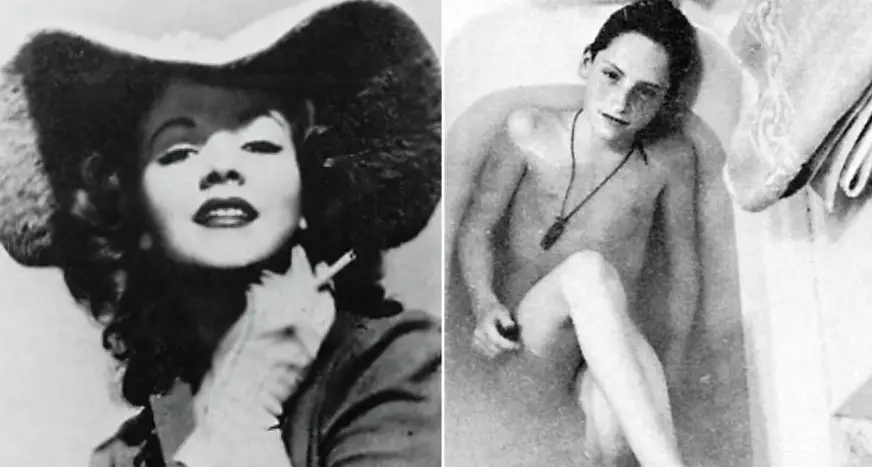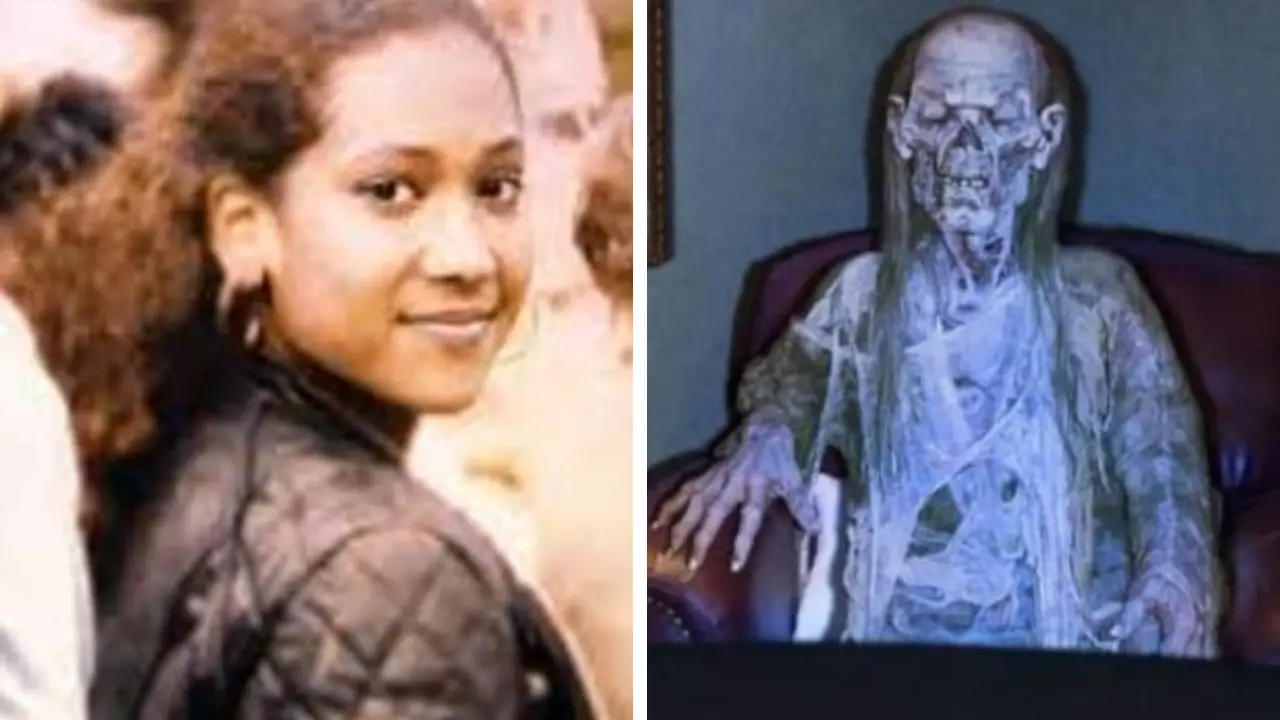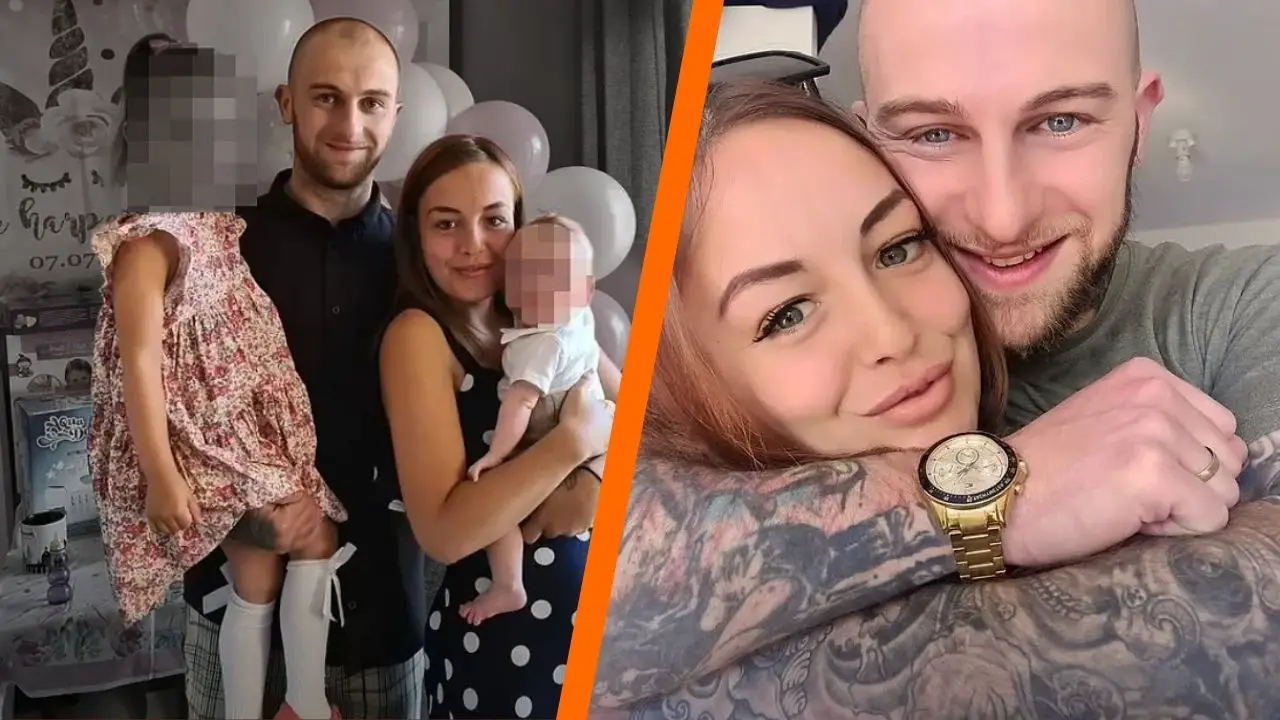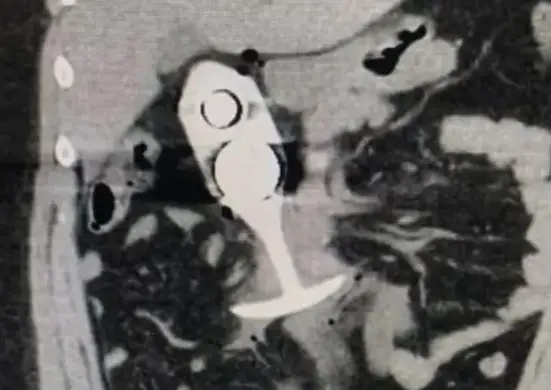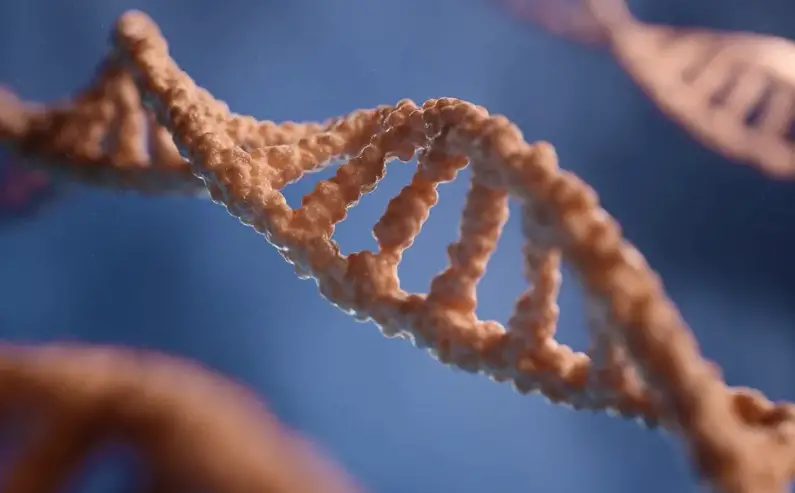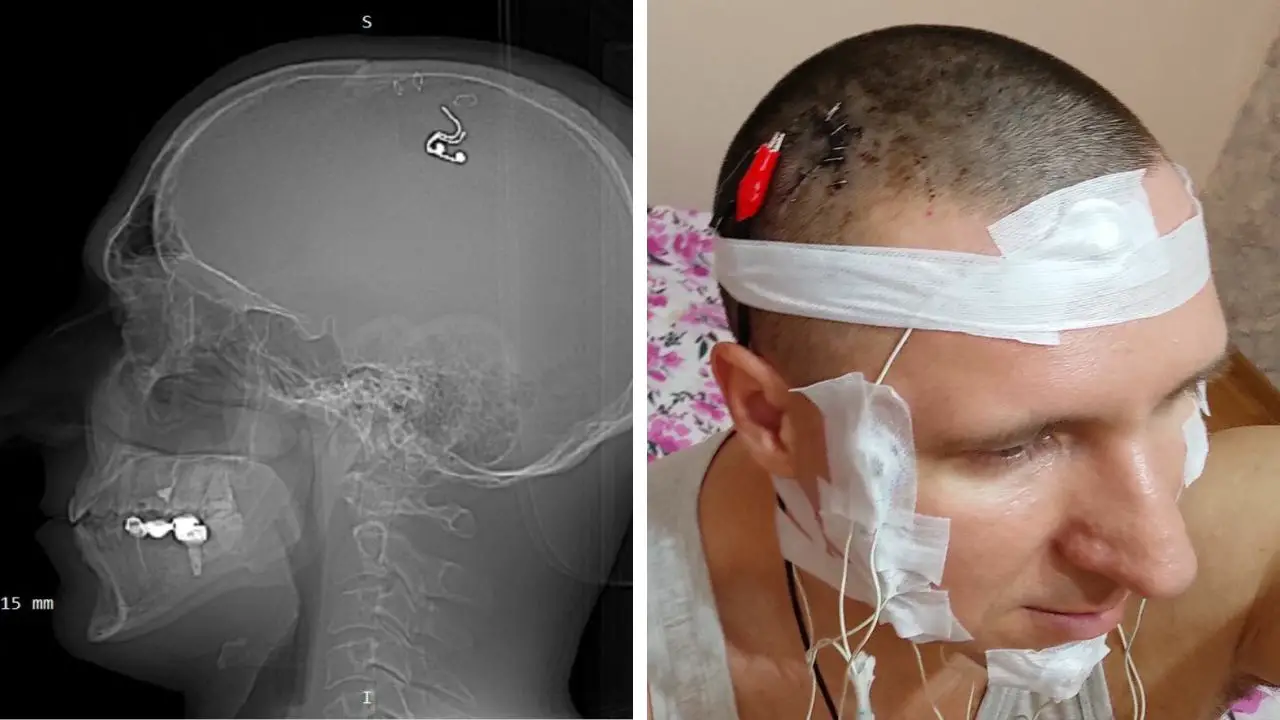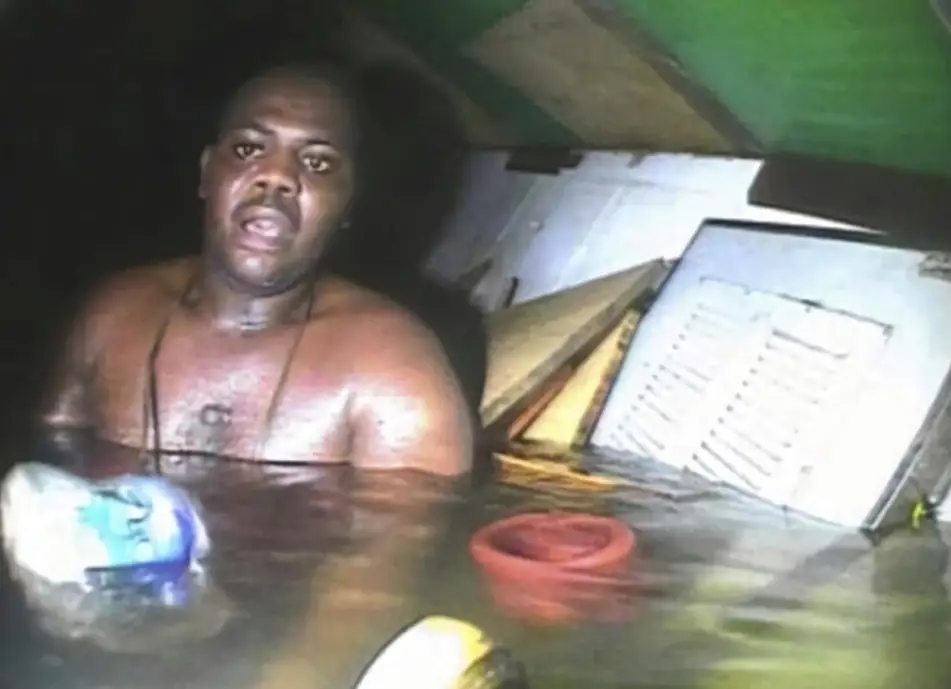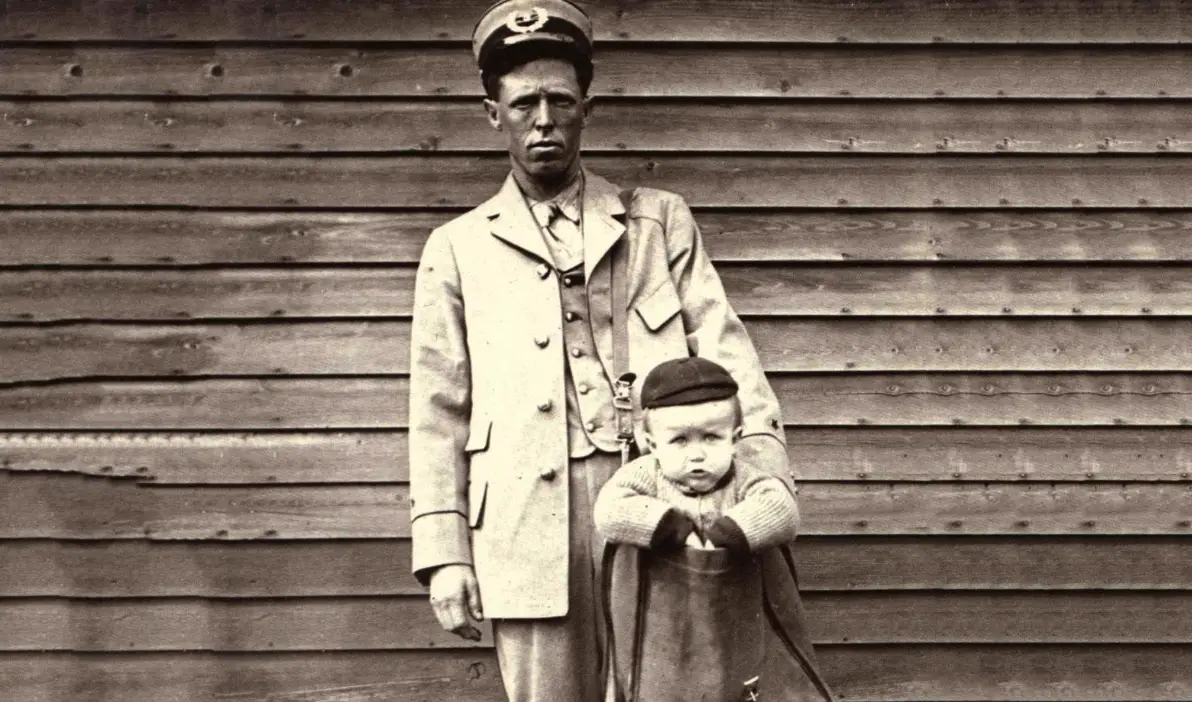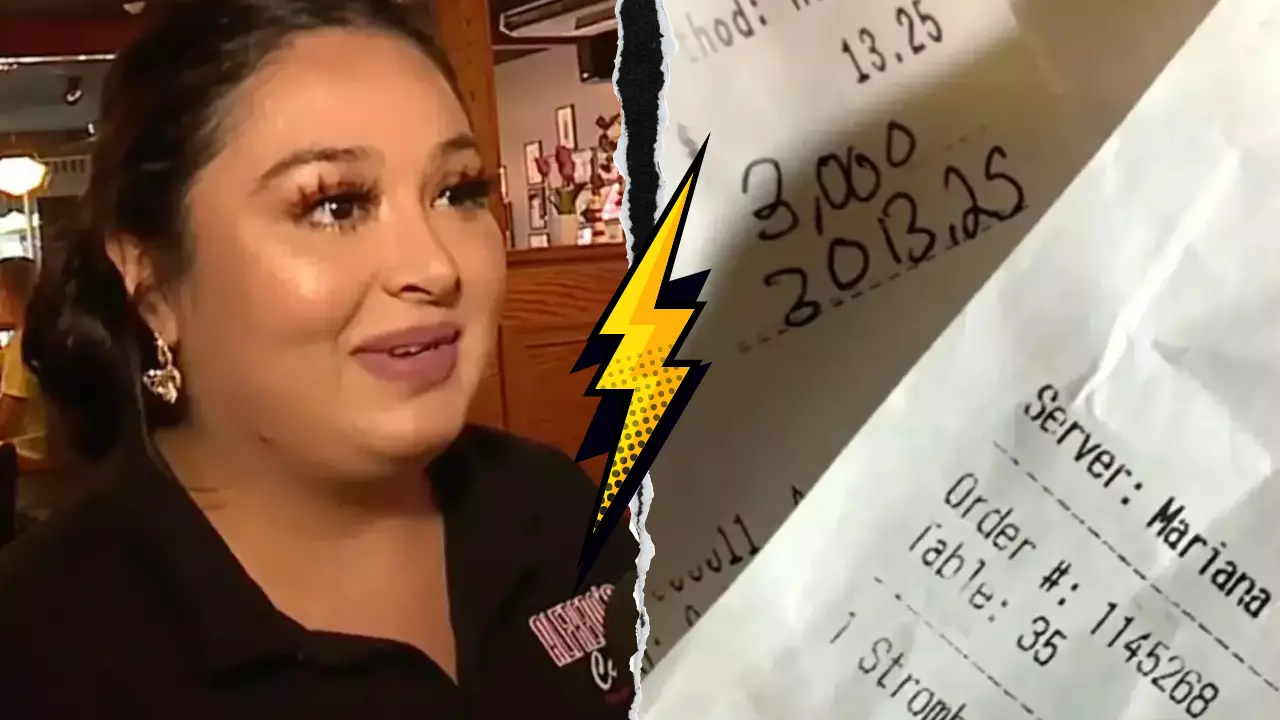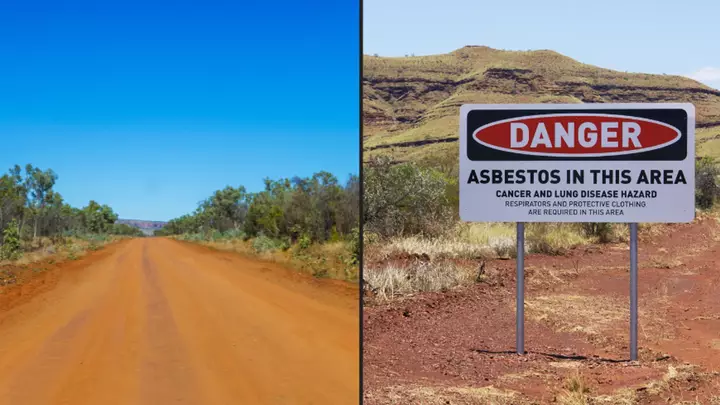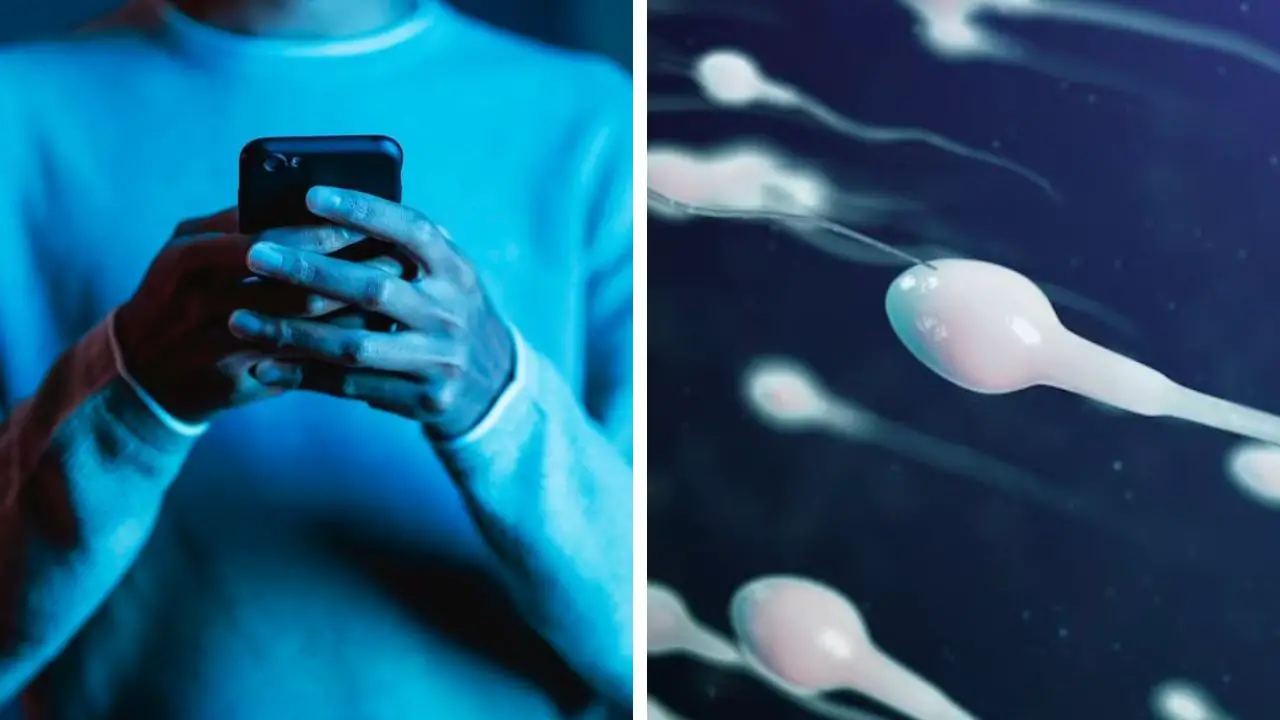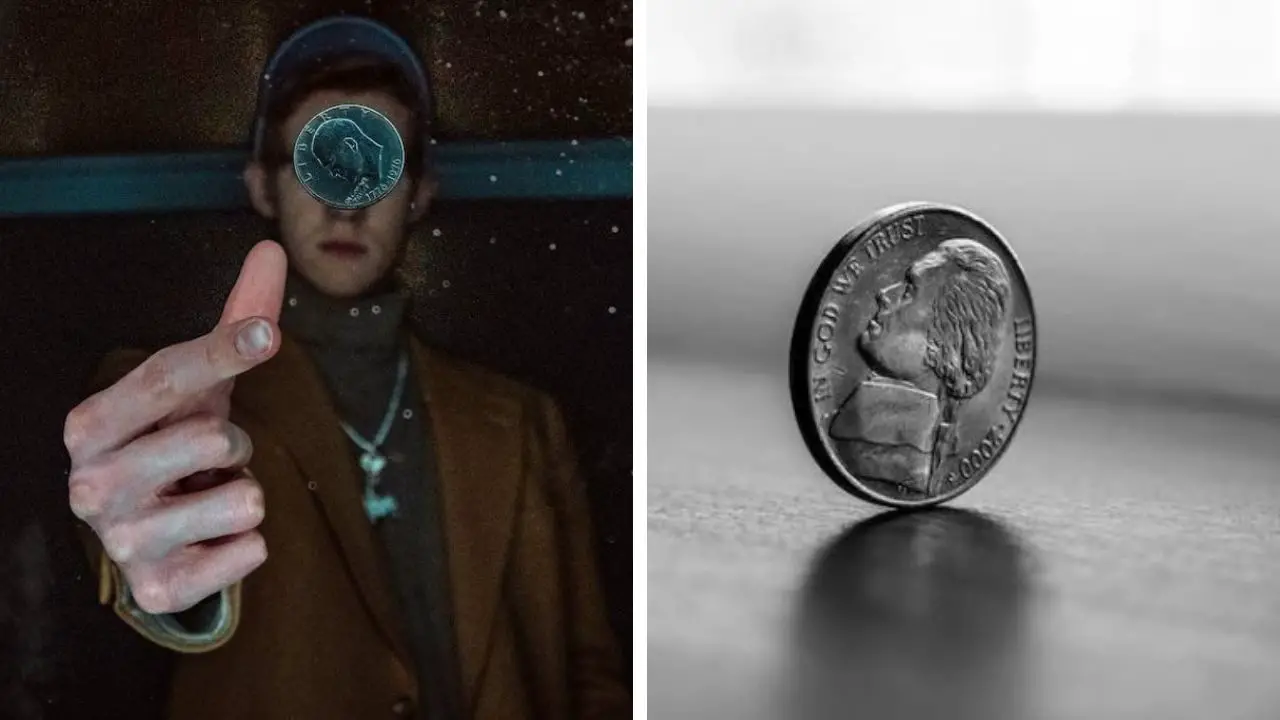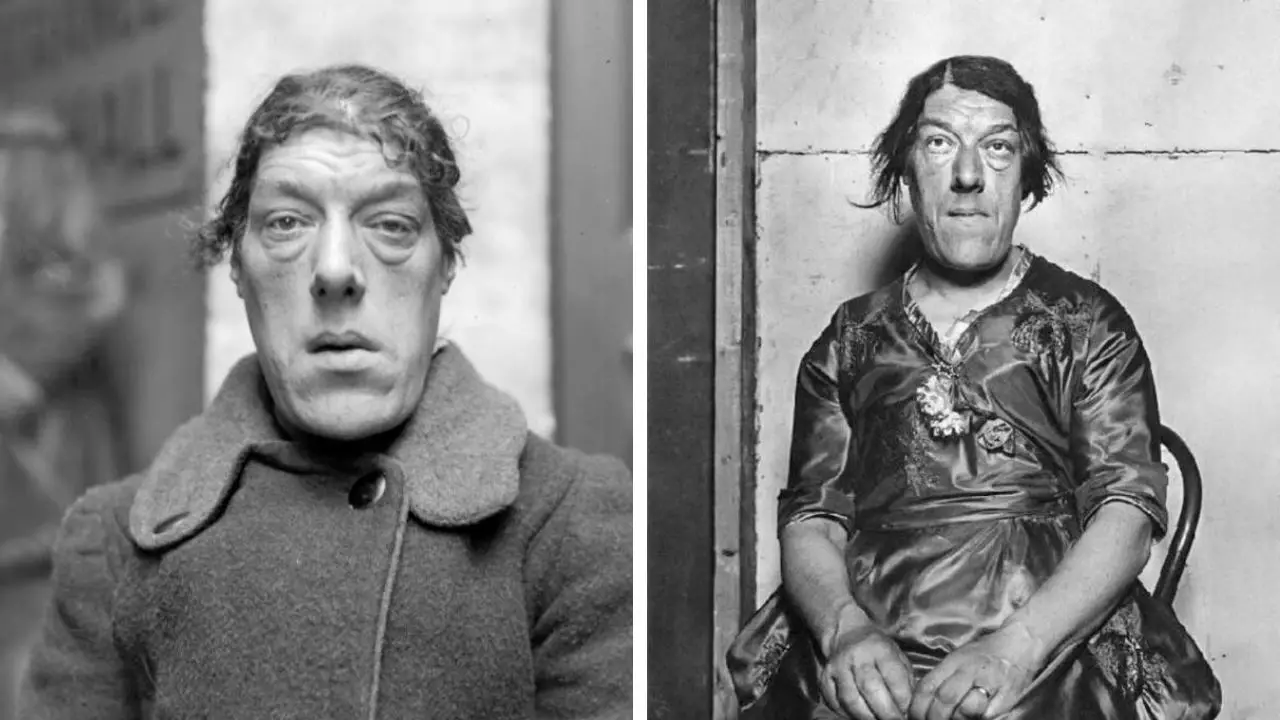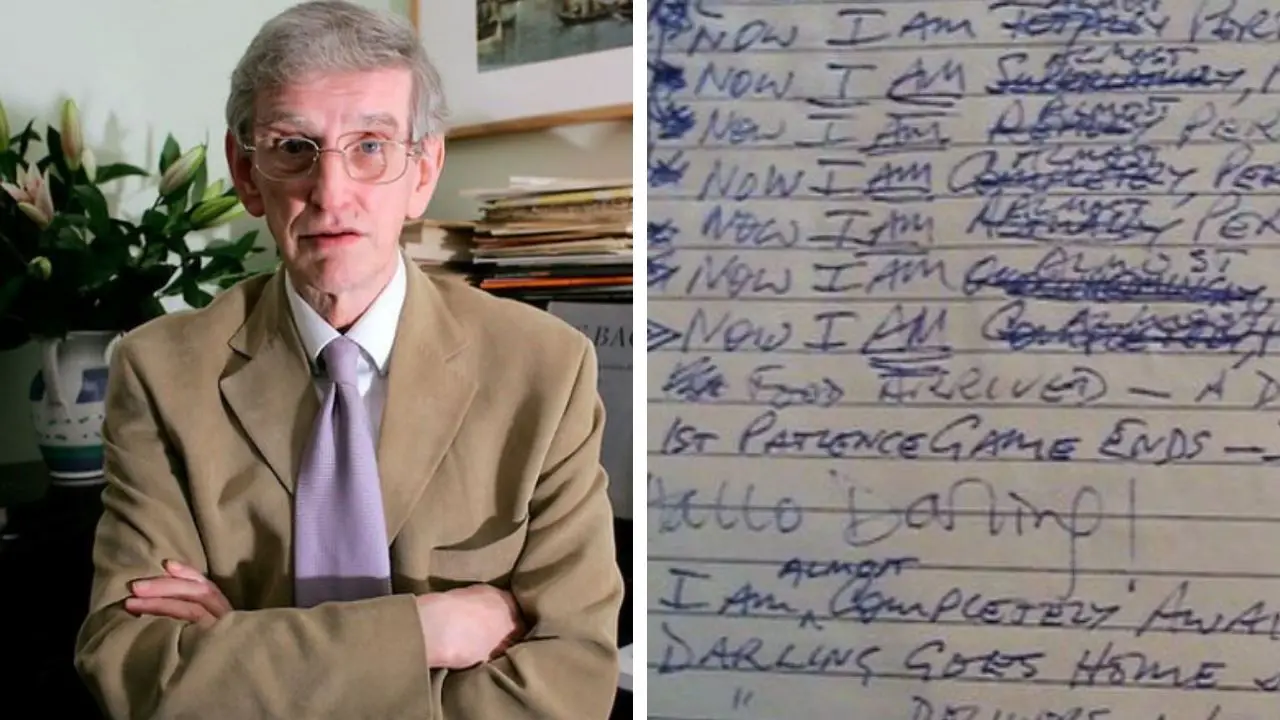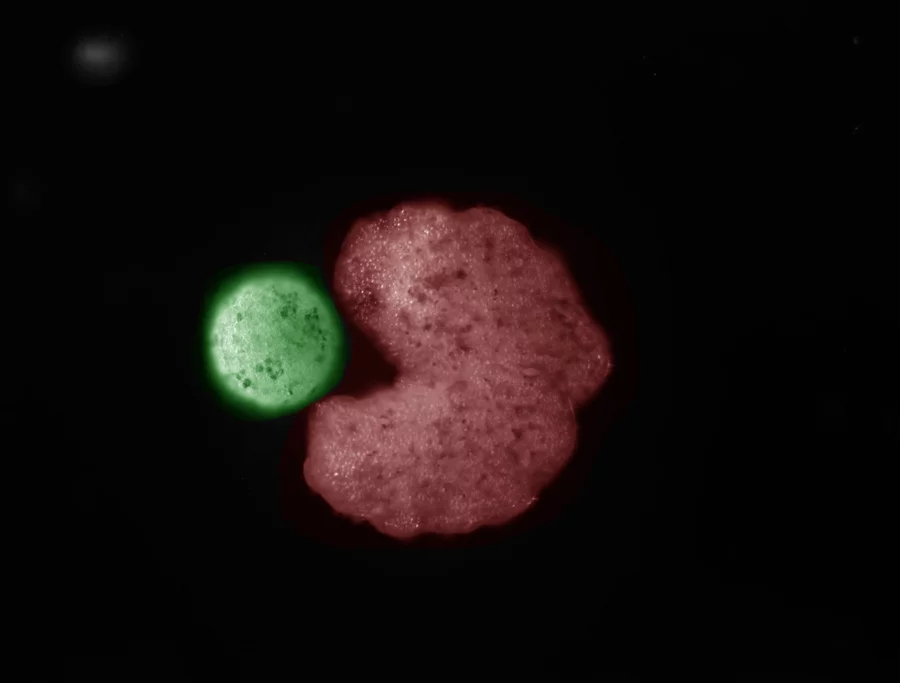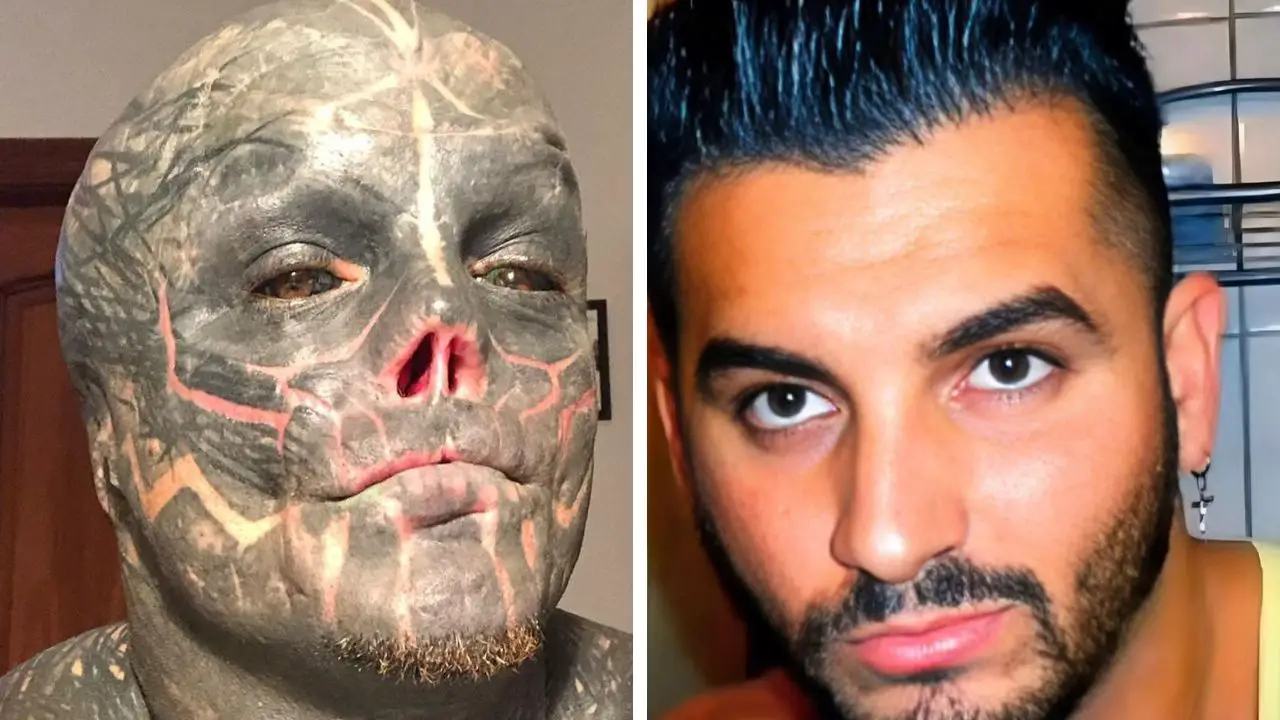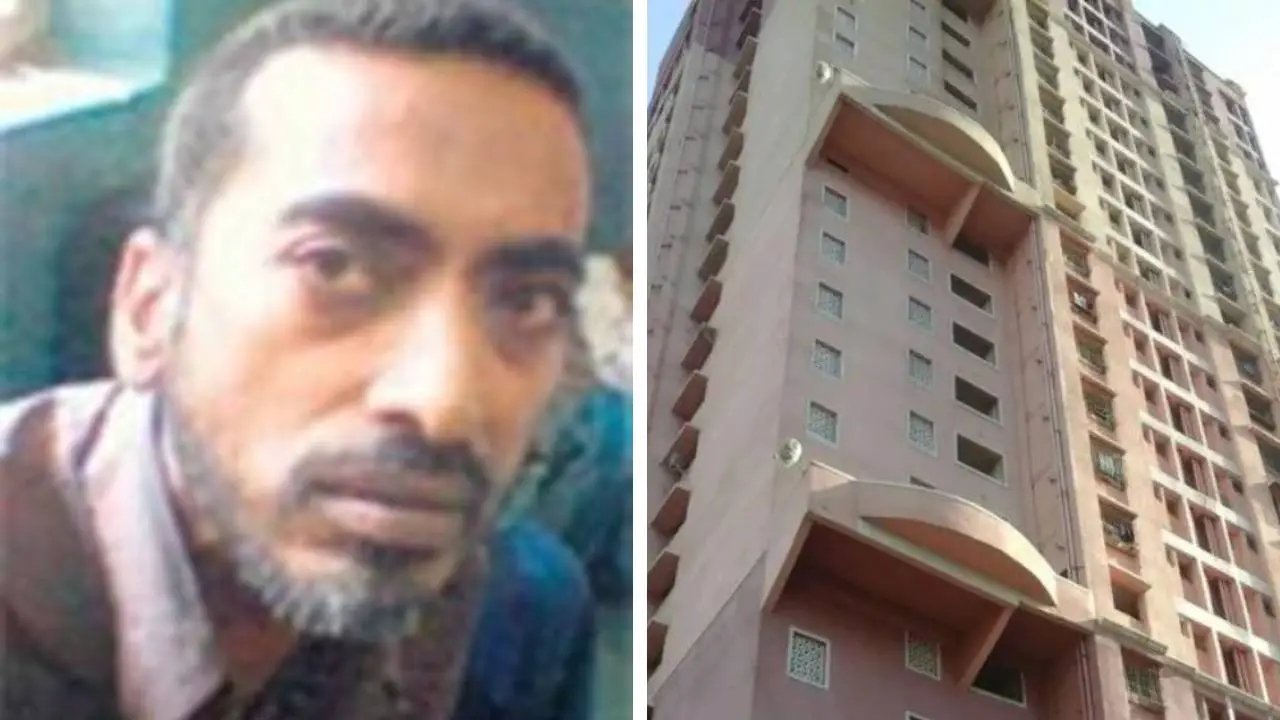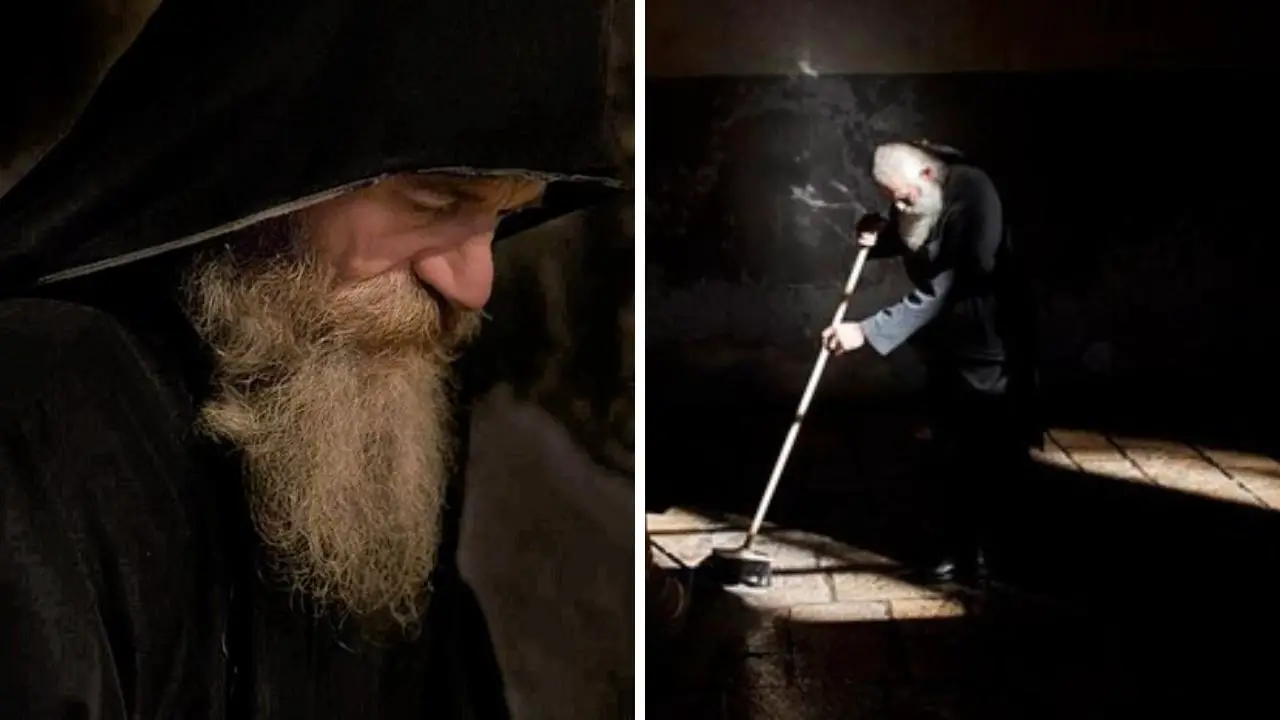VIDEO: Brazilian suspect in 30 homicides filmed dancing after murder
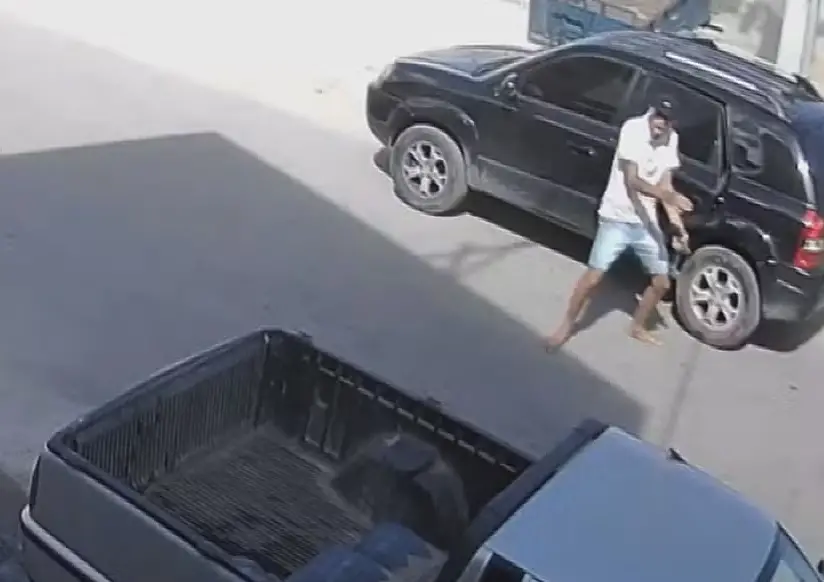
Recife, Brazil — A 21-year-old man’s chilling act of dancing “passinho” after shooting a man to death has shocked Brazil.
The incident, captured on security cameras in Ipojuca, a suburb of Recife, Pernambuco, on November 6, 2023, has exposed the brutal reality of gang violence in the region.
Arrested in February 2024, the suspect confessed to participating in 30 homicides, including a gruesome decapitation, painting a grim picture of his criminal activities.
The case has sparked public outrage and renewed calls for action against Recife’s escalating violence.
A Brazen Murder and a Disturbing Dance
On November 6, 2023, security cameras in Ipojuca recorded a horrifying scene. A 21-year-old man approached his victim on a quiet street.
He fired multiple shots at close range. The victim, whose identity remains partially undisclosed due to ongoing investigations, collapsed instantly.
Instead of fleeing, the suspect paused to perform “passinho,” a dance style rooted in Brazil’s funk music culture, popular in favela communities.
He then fired additional shots into the air, a gesture of defiance, before escaping.
The video went viral on social media. Its chilling content—showing the suspect’s indifference to murder—shocked viewers.
🚨🚨🚨Suspeito de mais de 30 assassinatos, é flagrado fazendo “dança do passinho” após execução.
— Crazy viral clips (@CrazyViralCli) May 9, 2025
O Assassinato ocorreu em Recife.☠️🏴☠️💀
⚠️⚠️⚠️O homem chamou atenção da polícia por causa da frieza demonstrada após praticar uma execução.🚔👮♂️👮♂️ pic.twitter.com/Rp8mXeu2jY
The “passinho” dance, typically a symbol of joy, became a haunting emblem of callousness.
The footage drew immediate attention from law enforcement, galvanizing efforts to apprehend the suspect.
Arrest and a Staggering Confession
On February 16, 2024, police arrested the suspect in Recife’s Curado neighborhood, in the city’s West Zone.
The operation, led by the Boa Viagem Police Station, was a breakthrough in the high-profile case.
Authorities seized a pistol, ammunition of various calibers, drugs, multiple cell phones, and a motorcycle.
These items pointed to the suspect’s deep involvement in organized crime.
During interrogation, the suspect confessed to participating in 30 homicides. The sheer number stunned investigators.
Among the crimes, he admitted to a particularly brutal case: the kidnapping and decapitation of a man from Ilha de Deus, a neighborhood in Recife’s Imbiribeira area.
The victim was abducted, killed, and dismembered, a crime that underscored the suspect’s capacity for extreme violence.
Police are now working to verify his confessions, cross-referencing them with unsolved homicide cases in Recife and surrounding areas.
The suspect’s confession raises questions about his exact role. Did he personally commit all 30 murders, or was he an accomplice in some?
Authorities believe many of these homicides were linked to his gang’s activities, such as territorial disputes, drug trafficking enforcement, or retaliatory killings.
The investigation is ongoing, with police seeking evidence to connect the suspect to specific crime scenes.
A Trail of Violence: The Suspect’s Criminal Activities
The suspect’s confessed involvement in 30 homicides marks him as one of Recife’s most prolific criminals in recent years.
While specific details on all 30 cases remain limited, the decapitation case provides insight into his methods.
The victim from Ilha de Deus was reportedly kidnapped as part of a gang-related operation.
The suspect’s role in the abduction and subsequent killing suggests he was a trusted operative within his gang, possibly tasked with carrying out high-stakes acts of violence.
Police suspect the other homicides followed a similar pattern. Drug trafficking gangs in Recife often use violence to maintain control over lucrative markets.
Rival gangs, informants, or debtors are frequent targets. The suspect’s access to a pistol and ammunition, as seized during his arrest, indicates he was equipped for such tasks.
The drugs and cell phones suggest coordination with other gang members, possibly to plan or execute these killings.
Investigators believe some of the 30 homicides may involve unreported or unsolved cases in Ipojuca and Recife’s South Zone.
These areas are known hotspots for gang activity, with frequent shootings and executions.
The suspect’s young age—21—suggests he began his criminal career early, likely recruited as a teenager into the gang’s ranks.
His rapid rise to committing such a high number of homicides points to a deeply entrenched role in the gang’s violent operations.
The brutality of the confessed crimes has alarmed authorities. The decapitation case, in particular, mirrors tactics used by organized crime groups to instill fear.
Such acts are often public displays meant to deter rivals or enforce loyalty.
The suspect’s willingness to dance after the November 6 murder suggests a desensitization to violence, a trait common among gang members immersed in a cycle of killing.

Gang Affiliation and Recife’s Crime Landscape
The suspect is a member of a drug trafficking gang operating in Ipojuca and Recife’s South Zone.
These gangs are central to Brazil’s high homicide rates, engaging in turf wars and drug-related enforcement.
According to the United Nations Office on Drugs and Crime, Brazil recorded 38,772 homicides in 2024, with a rate of 17.9 per 100,000 inhabitants—the lowest in over a decade but still among the highest globally.
Recife is a focal point for such violence. Its socio-economic disparities and proximity to drug trafficking routes make it a hub for criminal activity.
The suspect’s gang is suspected of controlling drug markets in Ipojuca and parts of Recife.
Violence is a tool to maintain dominance, with homicides often targeting rival gang members or those who threaten the gang’s operations.
The items seized during the suspect’s arrest—weapons, drugs, and communication devices—confirm his active role in these activities.
The suspect’s confessed homicides likely stem from his gang’s need to assert control.
Territorial disputes in Recife’s South Zone are common, with gangs fighting over drug distribution points.
The suspect may have been involved in targeted killings to eliminate competitors or punish disloyalty.
The decapitation case suggests a level of brutality reserved for high-profile targets, possibly to send a message to rivals or the community.
Community Outrage and Calls for Change
The viral video sparked widespread outrage in Recife. Residents expressed fear and anger over the suspect’s brazen act.
The image of him dancing after a murder became a symbol of the city’s violence crisis.
Community leaders have called for stronger law enforcement and social programs to address the root causes of gang involvement.
Poverty, lack of education, and limited opportunities drive many youths into gangs, perpetuating a cycle of violence.
Local residents, speaking anonymously to G1 News, described living in fear of gang activity. “We hear gunshots at night,” one resident said. “It’s not safe to walk alone.”
The suspect’s actions have intensified these fears, with many demanding increased police presence and community policing initiatives.
Victims’ families, though not publicly identified in this case, are likely grappling with profound loss.
The decapitation case, in particular, has left a lasting impact on the Ilha de Deus community.
Community activists are pushing for justice and systemic change to prevent such tragedies.
Legal Proceedings and Investigative Challenges
As of May 28, 2025, the suspect faces multiple charges related to his confessed homicides.
The murder captured on video is the primary focus, with clear evidence linking him to the crime.
Prosecutors are working to verify his confessions for the other 29 homicides, a complex task requiring forensic evidence and witness testimonies.
The decapitation case is under intense scrutiny, with police seeking additional suspects who may have assisted.
The high-profile nature of the case, driven by the viral video, has put pressure on authorities.
Public demand for justice is strong, given the suspect’s lack of remorse and the brutality of his crimes.
However, prosecuting 30 homicides is a daunting challenge. Each case requires detailed investigation, and some may lack sufficient evidence for conviction.
The suspect’s gang ties complicate matters, as other members may be involved, potentially shielding him from full accountability.
Authorities have not disclosed whether other gang members have been arrested in connection with these crimes.
The ongoing investigation aims to map the suspect’s role within the gang and identify accomplices.
The case could lead to broader crackdowns on drug trafficking networks in Recife.
Cultural Distortion: The Misuse of Passinho
The “passinho” dance, born in Rio de Janeiro’s favelas, is a vibrant cultural expression.
It blends funk, breakdancing, and Brazilian rhythms like samba and frevo, as noted in a BBC Culture article. In marginalized communities, it offers a creative outlet and a sense of identity.
In this case, the suspect’s use of “passinho” after a murder distorted its cultural significance.
The act transformed a symbol of joy into one of horror. This misuse has sparked debate about how criminal elements exploit cultural practices.
Community leaders are advocating for efforts to preserve “passinho” as a positive force, separate from its association with this crime.
Brazil’s Broader Crime Crisis
Brazil’s homicide rates remain a critical issue, driven by inequality, drug trafficking, and firearm proliferation.
Between 1980 and 2010, the country recorded 1 million homicides, according to Wikipedia’s Crime in Brazil page.
While the 2024 rate of 17.9 per 100,000 is a decline, Recife remains a hotspot. In 2023, Recife recorded 1,620 homicides, ranking second among Brazilian cities, per Statista.
The suspect’s case echoes other high-profile criminals, like Sailson Jose das Graças, who confessed to 42 murders in Rio de Janeiro in 2014.
Unlike das Graças, whose killings targeted specific groups, the Recife suspect’s crimes appear gang-driven, tied to drug trafficking and territorial control.
His youth highlights the issue of young people being drawn into gangs, often due to socio-economic challenges.
Addressing the Root Causes
Combating gang violence requires more than arrests. Socio-economic programs, such as education and job training, are essential to prevent youth recruitment into gangs.
Community policing and rehabilitation initiatives could disrupt the cycle of violence.
The suspect’s case underscores the need for early intervention to steer young people away from crime.
| Detail | Information |
|---|---|
| Suspect’s Age | 21 years |
| Location of Crime | Ipojuca, Greater Recife, Pernambuco, Brazil |
| Date of Crime | November 6, 2023 |
| Date of Arrest | February 16, 2024 |
| Arrest Location | Curado, Zona Oeste, Recife |
| Arresting Authority | Delegacia de Boa Viagem |
| Criminal Activity | Part of a drug trafficking gang in Ipojuca and Zona Sul, Recife |
| Number of Homicides Confessed | 30 |
| Notable Homicide Details | Included a decapitated man kidnapped from Ilha de Deus, Imbiribeira, Recife |
| Items Seized | Pistol, ammunition of different calibers, drugs, cell phones, motorcycle |
A Call for Justice and Reform
His confession to 30 homicides, including a brutal decapitation, and the viral video of his post-murder dance have shocked the nation.
As legal proceedings continue, authorities must uncover the full scope of his crimes and address the systemic issues fueling such violence.
This incident demands comprehensive action—stronger law enforcement, social programs, and community engagement—to break the cycle of crime.
Only through such efforts can Recife, and Brazil as a whole, hope to create safer communities and prevent future tragedies.


